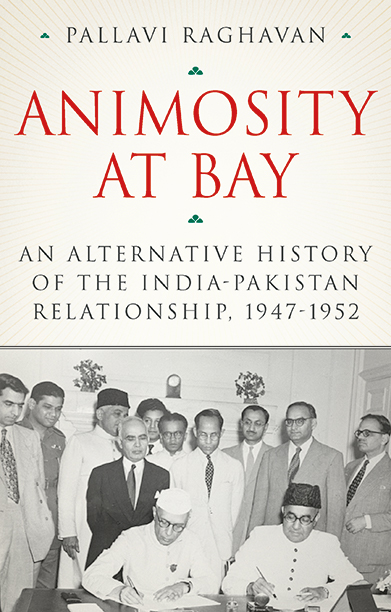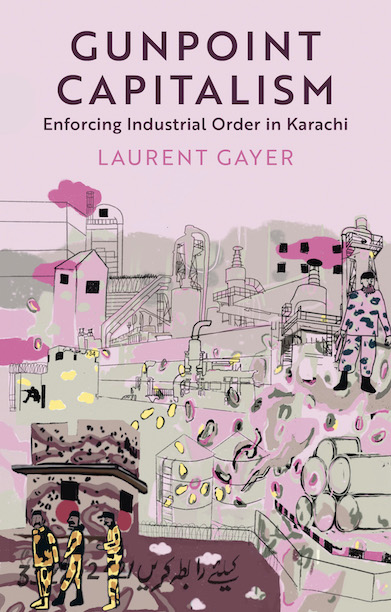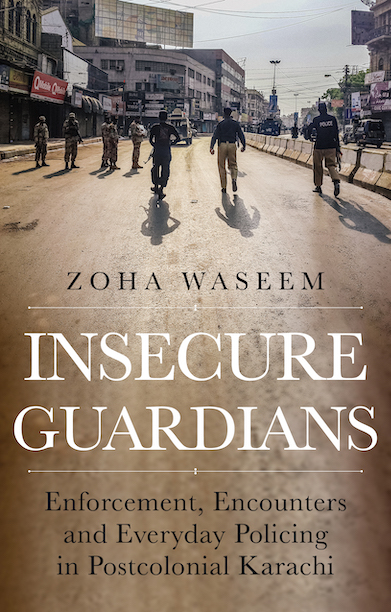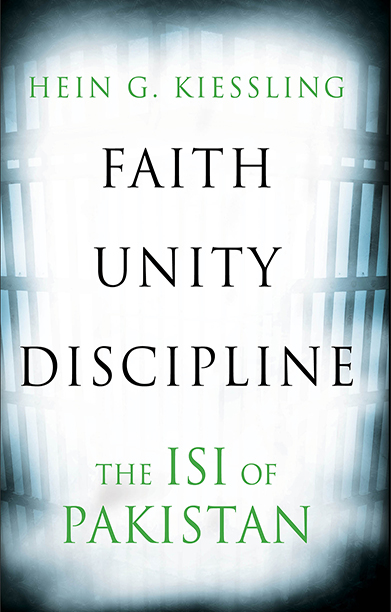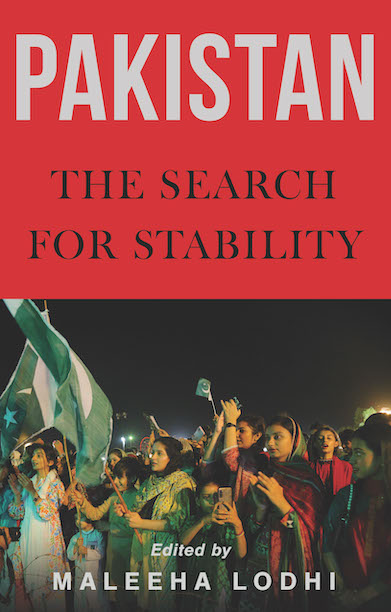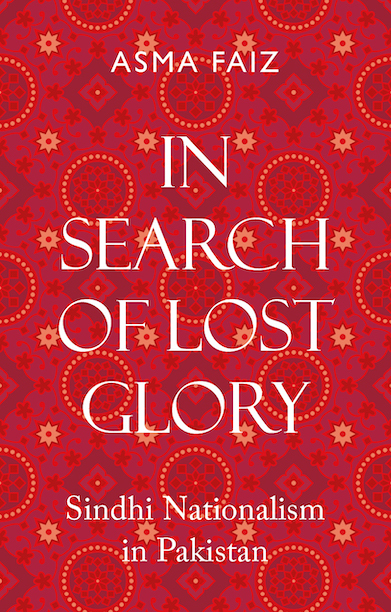Animosity at Bay
An Alternative History of the India–Pakistan Relationship, 1947–1952
A fresh, unconventional look at the early post-partition years, suggesting that cooperation rather than conflict was the order of the day between India and Pakistan.
Description
In this groundbreaking book, Raghavan uses previously untapped archival sources to weave together new stories about the experiences of post-partition state-making in South Asia. Through meticulous research, it challenges the existing wisdom about the preponderance of animosity and the rhetoric of war.
The book shows how amity and a spirit of cordiality governed relations between the states of India and Pakistan in the first five years after partition. Arguing that a hitherto overlooked set of considerations have to be integrated more closely into the analysis of bilateral dialogue, this book analyses the developments leading to the No War correspondence between Nehru and Liaquat Ali Khan, the signing of a ‘Minorities’ Pact between the two prime ministers, and the early stages of the Indus Waters negotiations, as well as exploring the calculations of Indian and Pakistani delegates at a series of interdominion conferences held in the years after partition.
This book will be of interest to specialists in histories of diplomatic practice as well as a general audience in search of narratives of peace in the South Asia region
Reviews
‘Animosity at Bay [provides] a fresh look at a historical period that has always haunted popular imagination.’ — The Mumbai Mirror
‘Fascinating… Raghavan’s well-crafted book provides, from history, a rare cause for optimism.’ — International Affairs
‘[Animosity at Bay] presents a new view by its explanations and descriptions of the work of the Indian and Pakistani officials who, under the direction of Pandit Nehru on the Indian side and Liaquat Ali Khan, the founder of Pakistan, negotiated solutions [that] reduced the threats of violence and halted moves towards military conflict during the years 1947–1952.’ — Asian Affairs Journal
‘Offers a ringside look at this dialogue and problem-solving between India and Pakistan, and how that process formed an integral part of state formation and in a sense, solidified partition.’ — Economic & Political Weekly
‘In the 74-year-old history of India and Pakistan, it is the more recent memory of terrorist attacks in Mumbai and other places, that tends to overpower the monstrosity of partition and the visuals of endless streams of refugees. The two countries lurch between wars and failed peace moves and function in a state of suspended hostility. The fog of war, terrorism and partition often obscures the fact that these were two new states that were formed in 1947 and that history of how they evolved, with bilateral engagement forming a crucial part of this process, is a fascinating and important one. Pallavi Raghavan’s Animosity at Bay: An Alternative History of the India-Pakistan Relationship, 1947-1952 offers a ringside look at this dialogue and problem-solving between India and Pakistan, and how that process formed an integral part of state formation and in a sense, solidified partition.’ — Economic and Political Weekly
‘A fascinating account of how, in the shadow of a bloody Partition, India and Pakistan worked to create bilateral spaces of mutuality and reciprocity, collaboration and cooperation, to address the most pressing issues of the time—from citizenship and the rights of minorities, to property, water sharing, and trade—even as they embarked upon the arduous task of state-making. This marvellous alternative history of a foundational period has particular resonance for the contemporary moment.’ — Niraja G. Jayal, Professor at the Centre for the Study of Law and Governance, Jawaharlal Nehru University
‘A pioneering and timely intervention at a critical time for one of the world’s most dangerous regions. Raghavan’s sober analysis of cooperation as well as conflict challenges the dominant perception of India-Pakistan relations as the site of uncompromising hostility.’ — Farzana Shaikh, Associate Fellow, Asia-Pacific Programme, Chatham House, and author of Making Sense of Pakistan
‘An outstanding and pioneering account of cooperation and collaboration between India and Pakistan in the early years after partition. This revisionist study is sure to become the definitive work on that period and essential reading for those seeking fresh historical insights into the troubled relationship.’ — Amitabh Mattoo, Professor of Disarmament Studies, Centre for International Politics, Organization and Disarmament (CIPOD), School of International Studies, Jawaharlal Nehru University
‘The most original study yet written of one of the world’s oldest conflicts, Pallavi Raghavan’s history of Indo-Pakistani relations revolutionises the genre. It does so by looking at how this conflict is defined more by what the two countries share than their differences, which is what makes it so intractable.’ — Faisal Devji, Professor of Indian History and Director of the Asian Studies Centre, University of Oxford
Author(s)
Pallavi Raghavan is Assistant Professor of International Relations at Ashoka University, Delhi, where she researches on India's international history, and on the global history of partitions.
